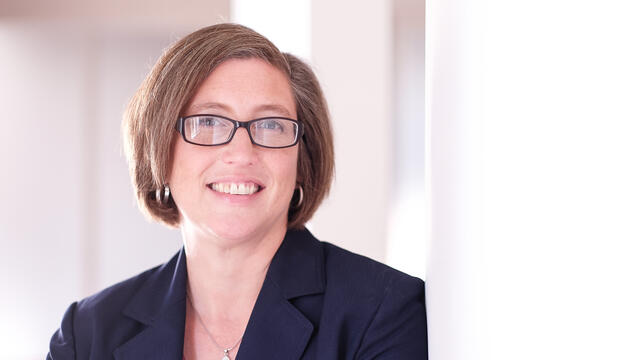Art History professor tapped to speak on the shift to online learning
Art History professor Gretchen McKay shared her knowledge and experience in teaching in an online environment during a virtual symposium focused on leading during the pandemic. The session for department chairs, program directors, and academic leaders from higher education institutions across the nation was organized by DeverJustice LLC and Ithaka S+R in partnership with The Chronicle of Higher Education.
